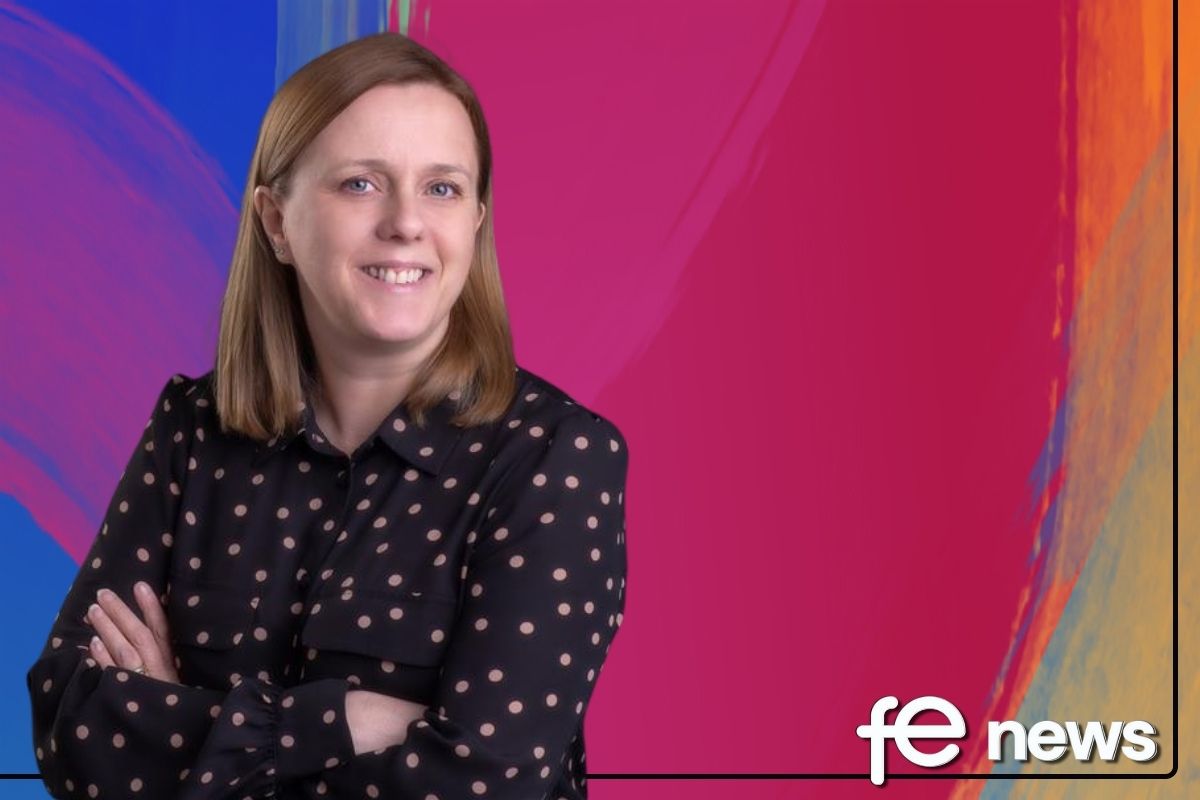Do FE Colleges know enough about the creative and cultural sector?

Autumn sees the second annual Offstage Choices events. In over twenty theatres and arenas around the country venues will be opening their doors to teenagers throughout October and November to give them an opportunity to find out about some of the careers which exist backstage and offstage in our creative industries.
However there’s a potential problem that the organisers (the National Skills Academy for Creative & Cultural) are only too aware of. What happens if a young person becomes interested in one of the careers they’ve been introduced to, but back at their school or college there’s little or no information, advice and guidance relevant to them?
Information, Advice and Guidance (IAG) has become a more visible part of the services offered by FE colleges. Walk into the impressive looking Gateshead College and it’s the first thing you’ll see as you enter the building. A number of other colleges, such as the Grimsby Institute of Further & Higher education, have polices relating to IAG that include responses to queries within 48 hours, appointments outside of normal office hours, and 24 hour access to opportunities to submit email requests and answer-phone enquires.
The Education Act 2008 created the duty to provide young people with impartial IAG that covers all their options and promotes their best interests, and it’s almost a year now since the previous Government launched a new strategy to make careers education and Information, Advice and Guidance more relevant to today’s world.
The new strategy set out to make IAG more accessible for young people and to ensure that each and every one of them, whatever their background, can make the right education and training choices that give them the best chance of success. The IAG strategy set out to modernise the ‘fuddy-duddy’ image of careers education and make it suitable for today’s generation of young people with proposals of initiatives such as having IAG on Facebook, You Tube, blogs and other social networking sites.
So what do colleges need to do to ensure they fulfil their responsibilities as ‘first-in-line’ providers of careers education, and IAG?
Well we’re back to that other much used term of recent times – ’employer engagement’. Yet in order for Colleges to be aware, and raise awareness, of the different ways that employers can get involved with local colleges to help provide the best IAG – e.g. through mentoring programmes, work tasters and careers talks, etc – college staff themselves need to be able to engage with creative and cultural employers.
I would argue that what is being set up to inspire young people in careers in the creative and cultural industries is also required for staff at colleges. They too need to be inspired and made aware of careers – particularly in the ‘hidden’ roles such as those backstage and offstage in our theatre and live music venues. Only from this knowledge and experience can stem the most up-to-date relevant IAG to pass on to young people.
Many of our colleges are filled with people who have worked in industry. How recently, and whether their skills, knowledge and experience are truly current can often be open to debate. We’re not talking here just about subject teachers. The point is that colleges need to consider how the widest range of their staff – e.g. careers advisers, business development managers, etc – can be enabled to gain professional development experience by being given the space and time to find out about what is the largest creative sector in the European Union.
Some obvious ways are to make use of the web resources on offer from Creative & Cultural Skills and the National Skills Academy. These can be found at www.creative-choices.co.uk and www.getintotheatre.org. However, as with Offstage Choices, there’s nothing that can truly replace actually spending time in the workplace talking to people doing the job, and ideally trying out these things for yourself.
The right IAG can help to excite young people about their future lives and raise their aspirations as to what they can achieve. It helps young people to progress and opens their eyes to professions and careers that they otherwise might never have thought of. Colleges can ensure they are doing this effectively by making sure their staff are given opportunities to engage with employers and experience directly those industries themselves to help colleges be able to give clear, relevant information, advice and guidance to young people in an accessible form.
If you would like further information on Offstage Choices or any of the other programmes and resources mentioned in this article, please visit www.nsa-ccskills.co.uk
Robert West is a freelance writer & arts consultant, an FE tutor, and currently Education & Curriculum Manager for the National Skills Academy for Creative & Cultural












Responses